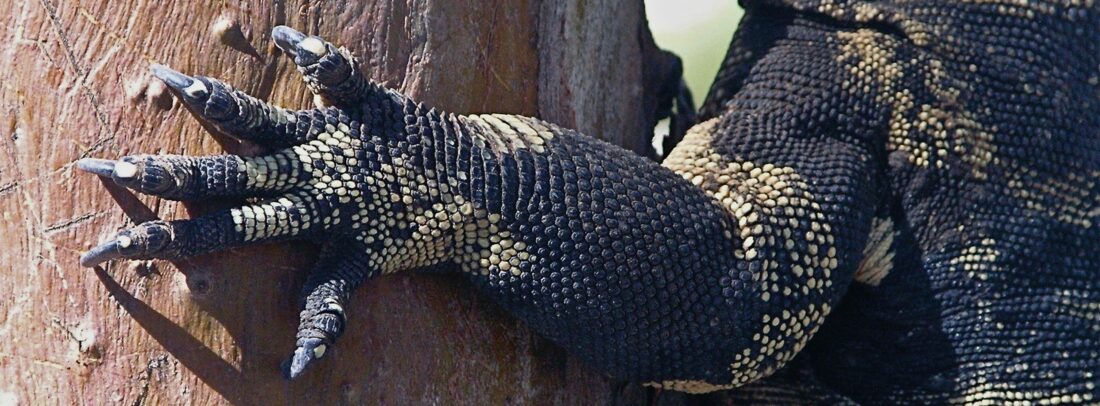
A Lace Monitor or Tree Goanna on banks of the Darling River - Big Rivers Tour
Legendary Scottish-American naturalist and early advocate for preservation of the wilderness, John Muir once said:
“When you tug on a string in nature, you find it is connected to everything else”.
Here we reflect on some spontaneous Nature Bound tour guest conversations, inspired by the wild.
PROTECTING WHAT WE LOVE
Collectively, we are the minds and stewards of the living world and our landscapes.
Everything has intrinsic value. Even a tree discarded for development, has a story.
The Ghost Gums, River Red Gums and Coolabahs of the outback are iconic story tellers.
Currently, nature is at work, restoring large pastoral stations, once denuded by pioneering wool production.
Deserts are in bloom from recent heavy rains; terminal inland lakes are crowded with avian migrations.
The natural world resembles a cradle of wonders.
We protect because we love. To love we need to understand. To understand we need to experience. To experience we need to step outside and journey beyond.
How many of us understand the ecosystem which supports us.
No person, no species should be left behind.
Time to celebrate the greater natural system for its absolute holistic value.
WASTE NOT – WANT NOT
The World Economic Forum advises, 70% of all food waste and loss occurs even before food reaches the consumer. The farmer’s lament.
An estimated 440 million tonnes of food is wasted at the consumption stage annually.
A 30% reduction in food waste at the point of consumption, in developed countries, could save 40 million hectares of cropland.
Otherwise, 1.3 billion people are trapped on degraded agricultural land.
We seek fruit and vegetables of perfect order. The rest is discarded, unsuitable for the market.
To the world, Australia’s farming reputation is turning “clean-green”.
Imagine a quantum leap of enlightened city consumers investing in “home grown”, “clean-green” Australian farming, for quality and security.
Bridging the great divide between city and country.
Organic family farming confronting industrial agriculture, informing
the nature based journey.
Legendary back-stories sit behind each dinner conversation.
HEALTH AND WELLBEING
The World Health Organisation, defines “Zoonosis” as an infectious disease passed from animal to humans in the form of viruses, bacteria, parasites, and fungi.
Spread by direct contact, through food, water or the environment.
Occasionally a pandemic.
60% of all infectious diseases affecting humans are “zoonotic”, emerging diseases 75%.
Human encroachment and loss of natural habitats, the exploitation or trade in wild animal species present significant risk.
Have we become the invasive species, exposing mankind to risk?
Adequate wilderness “containment habitats” may be worth preservation.
Humans represent 0.01% or all living things but humanity has already caused 83% of all wild mammal extinctions and half of all plants.
Human resilience to catastrophic shifts in health and wellbeing depend heavily on the balance in planet life – biodiversity.
The main cause of biodiversity loss is habitat destruction.
CHOOSE TO ENJOY NATURE, DIFFERENTLY
Fear, avoidance or denial of environmental issues are not lasting solutions.
We are limited by our reactions. Enriched by our knowledge.
We can choose to celebrate what is right and good in the world.
Walking brings a unique relationship with the inner-self and nature itself.
It nurtures wonder – a journey through colour, texture and creative form.
It’s not what we look at but what we see, that counts.
From the mountain peak, life values are realised beyond the immediate confines.
Choose a solo walk, free of distracting chatter, technological “noise” and social media.
Nature is more welcoming and less threatened in your silence.
When you sit for a while, something always happens. Savour the total experience.
Desert frogs and shrimps can lie dormant for years waiting for flooding rain.
Who said patience is a virtue?
Emus in the heat or cold are insulated by a double thickness coat of feathers.
Dressing in layers for ultimate comfort.
The desert ranging, ant-eating Thorny Devil drinks the evening dew.
With amazing design ingenuity.
“Look deep into nature and then you will understand everything better” – Albert Einstein
NATURE DEFICIT DISORDER
Everyone needs a special place in nature they can return to, physically or mentally.
The physical and psychological costs of lifestyle choices, the electronic age,
eco-paranoia and sensory deprivation are concerning.
Technology can enhance our lifestyle but narrow our range of senses.
Are we vulnerable to the unwitting pursuit of an artificial and virtual world?
Futures determined by entities and minds with a controlling and commercial edge.
Algorithm driven, determining our every move and mood.
In nature, we escape the expectations of others; not so in the algorithm world.
Nature Deficit research globally has been linked to: excess screen time, technical dependency, family dis-function, obesity, diabetes, myopia, cognitive and social skill deficiency, blood pressure and fitness, motor skills, Vitamin D deficiency, ADHD in children, mental health and depression, social disorder and petty crime.
“Helicopter parenting” and “house arrest” are common responses within the nuclear family.
Children are in need of natural outdoor adventure for cognitive development, and social skilling, away from screens.
The greater our progression into the artificial environment, the greater the need for life balance through an immersion and connection with nature.
People facing too much change too quickly, could be the challenge of the era.
Contemplating the risks and rewards is our choice.
TRY FOREST BATHING – WITHOUT GETTING WET
By 2030, 65% of the world’s population will be living in urban or city environments.
Immunologist, Dr Li of Tokyo’s Nippon Medical School founded “Shinrin Yoku” (Forest Bathing), the therapeutic practice of spending mindful time in a forest.
The Japanese government followed with a $4.0million national public health study into the physiological and psychological benefits.
More than 62 therapy trails have been established throughout Japan.
Doctors and professionals across the world are increasingly prescribing nature connection, rather than medicines.
“Social prescribing” in the US has shown a 28% reduction in GP appointments.
Forests release plant chemicals (essential oils) called Phytoncides (antibacterial and anti-fungal properties) to protect themselves from germs and insects.
Humans can inhale these oils, boosting their immune system, reducing the body’s primary stress hormones, lowering heart rates and blood pressure.
The therapy is to take a relaxed stroll practicing gentle mindfulness moments in the presence of trees. Slowing down to connect.
Tuning in to all the senses.
Observing the mysteries of nature and drawn to the finite detail.
On all Nature Bound tours guests are offered opportunity to experience personal awareness and solo time, inspired by wonderful settings.
“I took a walk in the woods and came out taller than the trees” – Henry David Thoreau
0
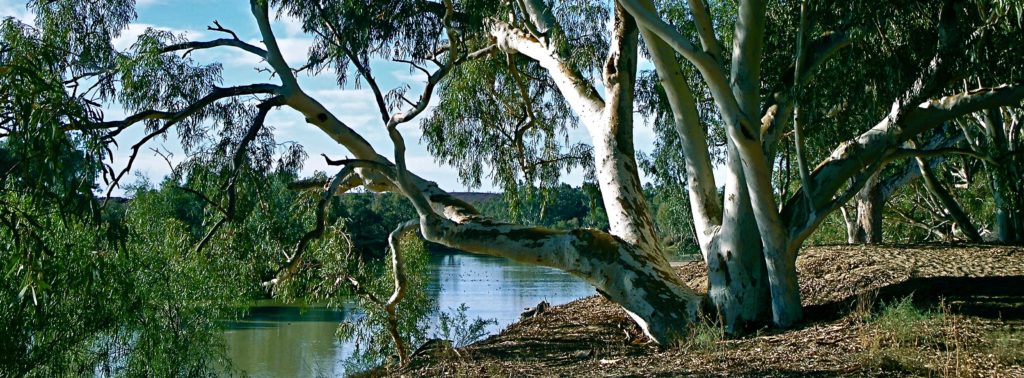
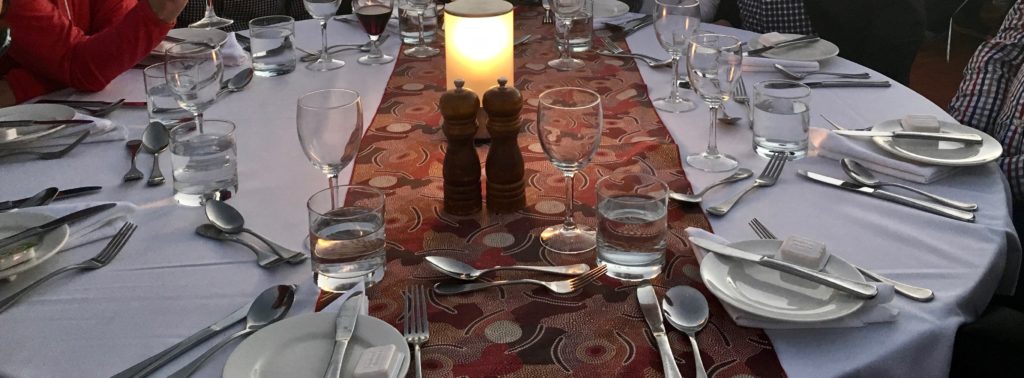
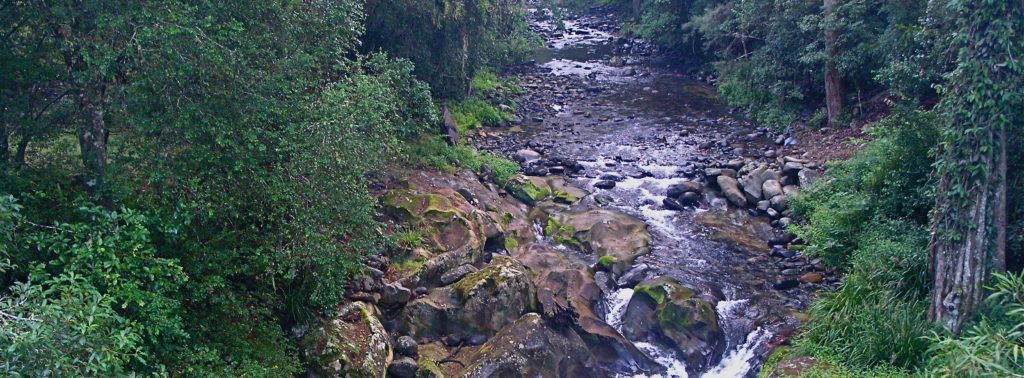
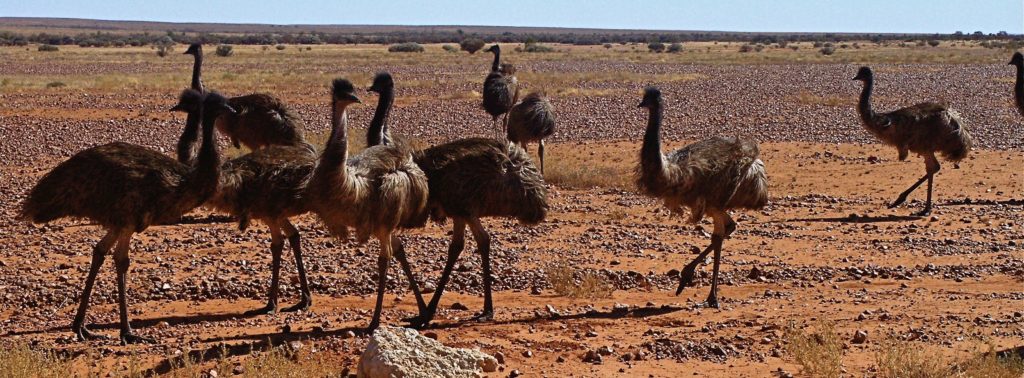
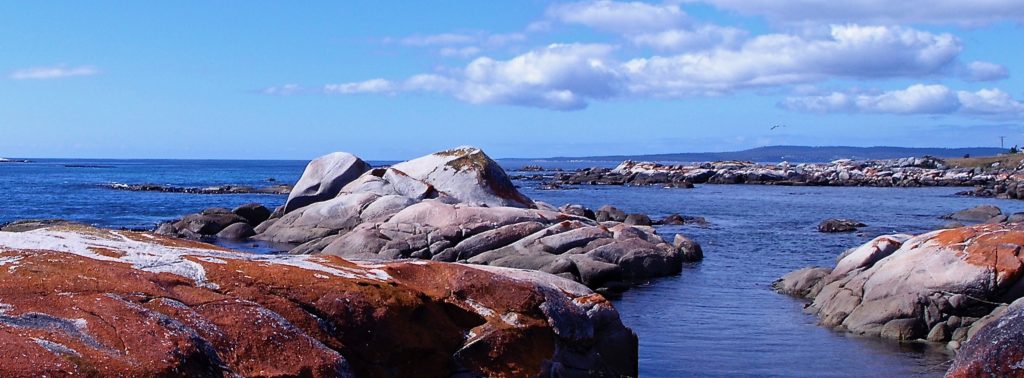
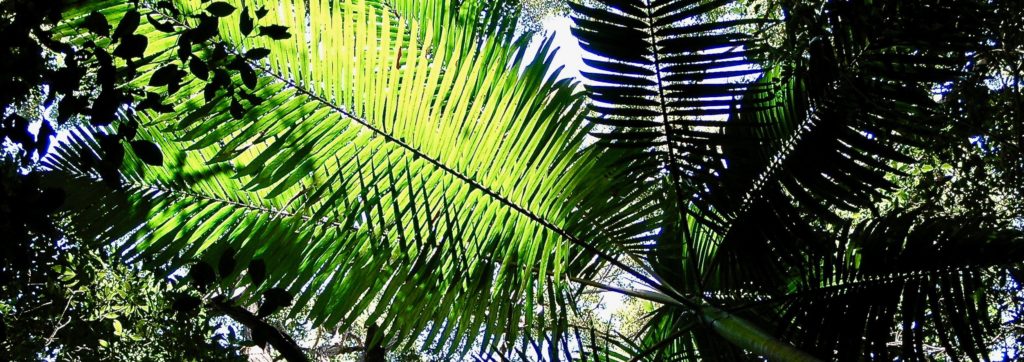
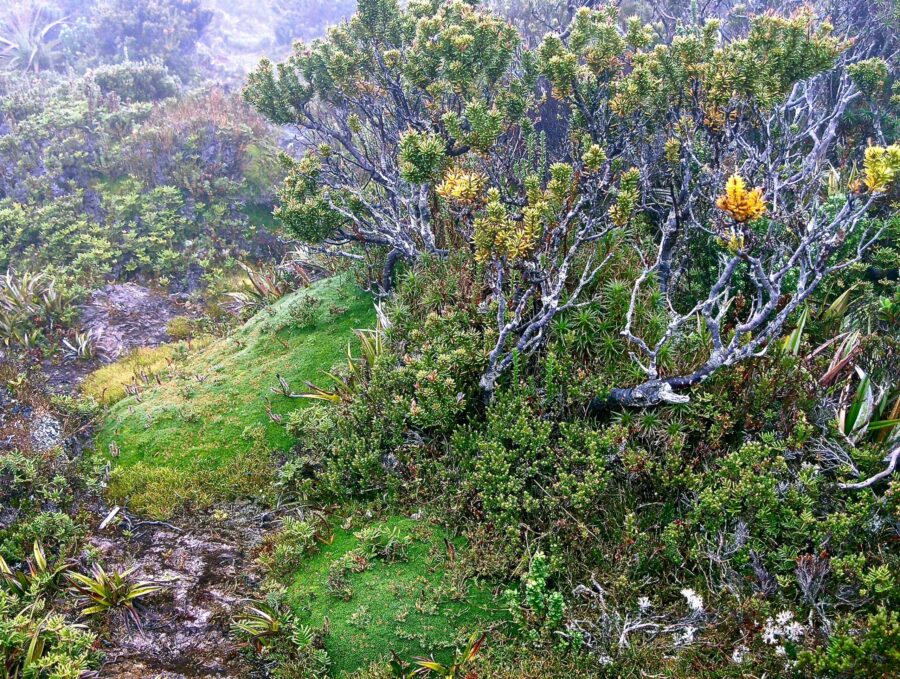
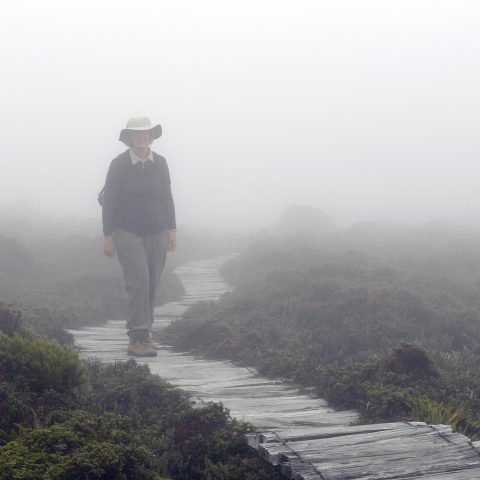
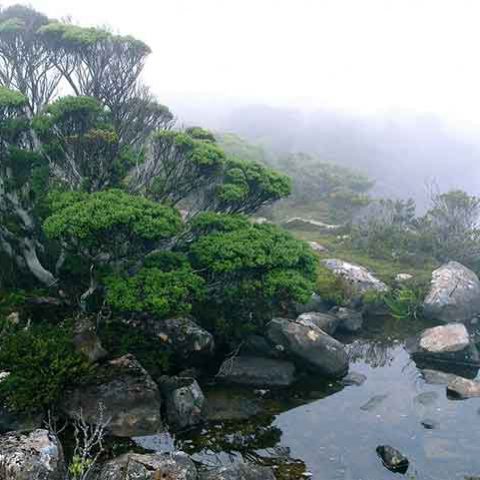

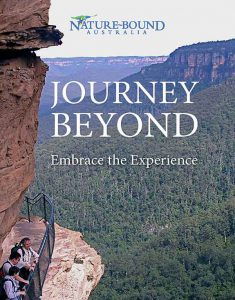
Leave a Reply
You must be logged in to post a comment.